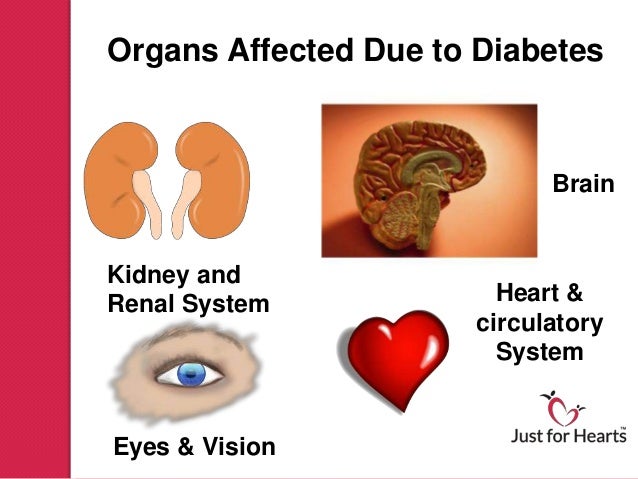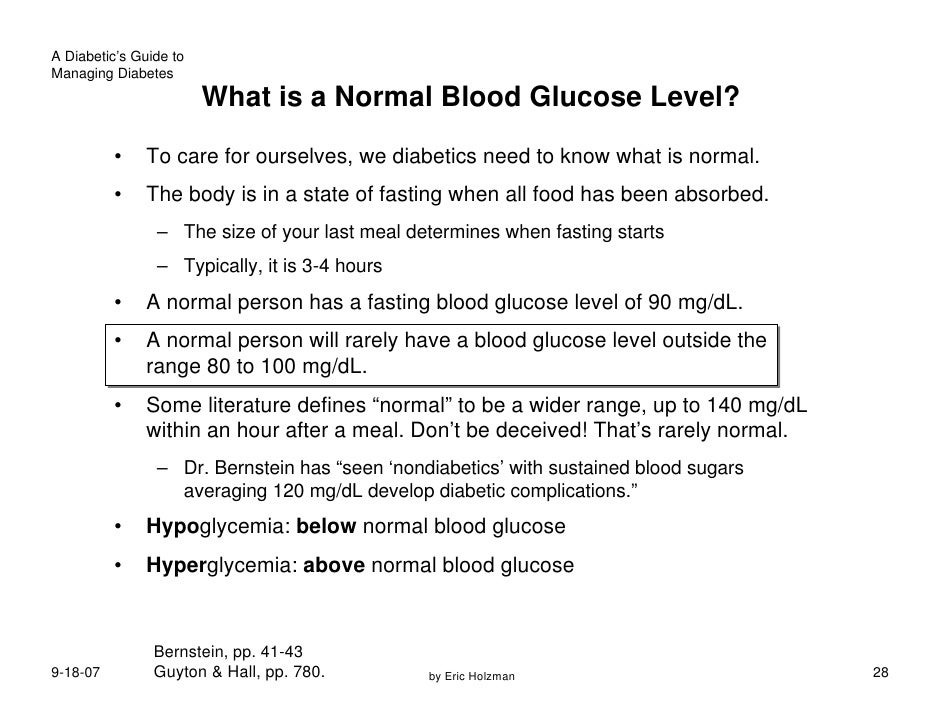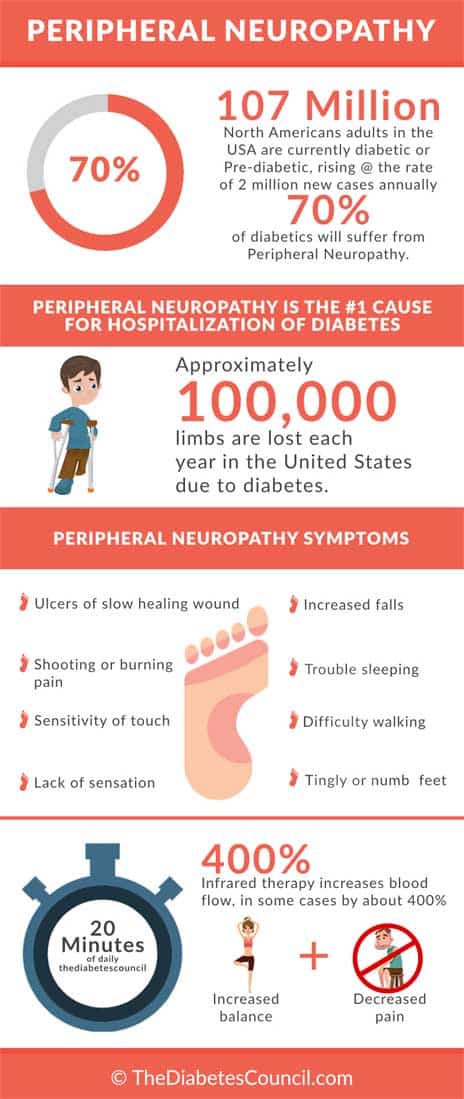Diabetes Damage Organs
If left uncontrolled, diabetes can damage the kidneys, which prevents them from doing their job in filtering out waste in your blood. this can lead to kidney failure. your body weight. The kidneys are another organ that is at particular risk of damage as a result of diabetes and the risk is again increased by poorly controlled diabetes, high blood pressure and cholesterol. diabetic nephropathy is the term for kidney disease as a result of diabetes. Diabetes is a serious disease that can affect your eyes, heart, nerves, feet and kidneys. understanding how diabetes affects your body is important. it can help you follow your treatment plan and stay as healthy as possible. how do health problems from diabetes begin? if your diabetes is not well controlled, the sugar level in your blood goes up. this is called “hyperglycemia” (high blood. not pure chemicals, however, these byproducts can cause organ damage, birth defects, allergic reactions, and cancer to the
Diabetic Neuropathy Symptoms And Causes Mayo Clinic


Diabetes Complications How Uncontrolled Diabetes Affects
Effects of diabetes on the body: cardiovascular system.
How does diabetes affect the body effects of diabetes.
The 2003 european society of cardiology/european society of hypertension guidelines for the management of arterial hypertension consider both, diabetes mellitus and target organ damage, as situations associated to a high 10-year cardiovascular risk (20–30%) even in subjects with high-normal bp. this and other studies as the life diabetes. Diabetes-related nerve damage can lead to gastroparesis, a condition in which the stomach empties too slowly or not at all, which causes bloating and indigestion. sexual dysfunction. autonomic neuropathy often damages the nerves that affect the sex organs. More diabetes damage organs images.
Blood vessel damage or nerve damage as many as 70% of people with diabetes get this type of damage. autonomic neuropathy stems from damage to the nerves that control your internal organs. The lack of insulin slows the movement of glucose into these cells, and probably spares them from damage when diabetes damage organs blood sugars are high. however, other cells such as those in the brain, nervous system, heart, blood vessels and kidneys pick up glucose directly from the blood without using insulin. Kidney damage. diabetes can sometimes lead to kidney failure or irreversible end-stage kidney disease, which may require dialysis or a kidney transplant. eye damage. diabetes increases the risk of serious eye diseases, such as cataracts and glaucoma, and may damage the blood vessels of the retina, potentially leading to blindness. slow healing. How to lower your risk of diabetes-related foot, leg, and organ damage. leg, foot, and organ damage with diabetes healthy nerves carry messages to our muscles and organs.

Diabetes is a serious disease that can affect your eyes, heart, nerves, feet and kidneys. understanding how diabetes affects your body is important. it can help you follow your treatment plan and stay as healthy as possible. how do health problems from diabetes begin? if your diabetes is not well controlled, the sugar level in your blood goes up. Diabetes is about several organs that do not work correctly, these include the pancreas, the liver, and even the brain. because of this, complications arise from these organs not functioning like they should. although diabetes can control some part of their health, things like damage to organs that have already happened before diagnosis, and. Kidney disease (nephropathy) kidneys are remarkable organs. inside them are millions of tiny blood vessels that act as filters. their job is to remove waste products from the blood. sometimes this filtering system breaks down. diabetes can damage the kidneys and cause them to fail.

Research connecting blood sugar level with organ damage. the studies you will read below, some of which are not cited in the aace guidelines, make a cogent case that post-meal blood sugars of 140 mg/dl (7. 8 mmol/l) and higher and fasting blood sugars over 100 mg/dl (5. 6 mmol/l) when found in association with those higher than normal post-meal blood sugars, cause both permanent organ damage. In diabetes, the organs most at risk from blood vessel damage include the heart, the brain, the eyes, the nerves and the kidneys. organ damage, sustained as a result of high blood glucose levels, is referred to as a diabetic complication. read more on diabetic complications ; diabetes damage organs atherosclerosis clogged blood vessels.
How does diabetes affect the digestive system? yet another body part or organs affected by diabetes happens to be the digestive system. let us see the following points for details: as seen above, diabetes is known to cause damage to the nerves if not controlled effectively.
Although diabetes can control some part of their health, things like damage to organs that have already happened before diagnosis, and other damage that may occur due to those organs not working in tandem when they should for other purposes. for instance. we all know that liver doesn't do it's job or does it too well in the morning. So far, i have no known damage to any of my organs. i see my ophthalmologist yearly and he sees diabetes damage organs no evidence of diabetes, my heart, liver, and kidneys are fine, etc. others with pre-d might report otherwise.
Uncontrolled diabetes can allow the sugar to remain in the blood for too long and damage other organs. advertisements here is how uncontrolled diabetes can damage your heart, eyes, kidneys, nerves, teeth and more. Every single organ system is affected by diabetes. diabetes has the unique malignant potential to devastate our entire body. but why? virtually every other disease is limited to a single organ system. diabetes affects every organ in multiple ways. it is the leading cause of blindness. it is the leading cause of kidney failure.
Diabetes can be effectively managed when caught early. however, when left untreated, it can lead to potential complications that include heart disease, stroke, kidney damage, and nerve damage. Diabetes-related damage to blood vessels and the autonomic nervous system may have a negative effect on sexual function and the body’s ability to send and respond to sexual stimuli.
Hyperglycemia (high blood sugar) may be the hallmark of diabetes, but does not cause most of the morbidity (the harm of the disease). blood glucose is fairly easily controlled by medication, but this does not prevent the long-term complications. despite blood glucose control, damage occurs to virtually every organ system. A type 2 diabetic shares detail on blood sugar levels, organ damage, dangerous drugs, low carb strategies, and oral drugs. How type 2 diabetes can damage your body. february 29, 2016 advertisement. save pin fb. more. tweet. email. send text message print diabetes is the leading cause of kidney failure in the u. s.
Comments
Post a Comment